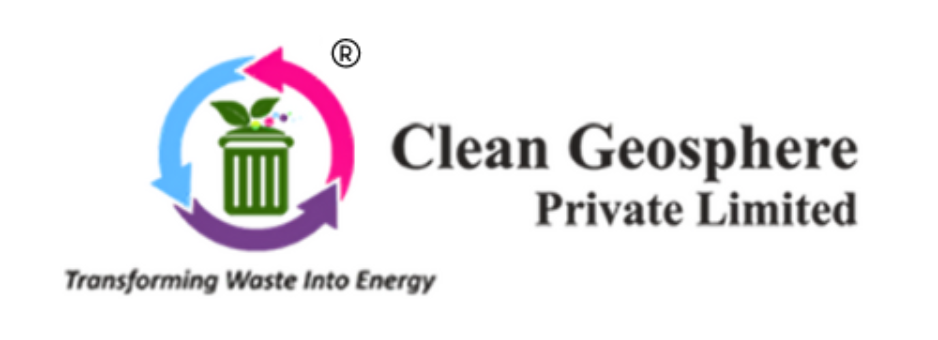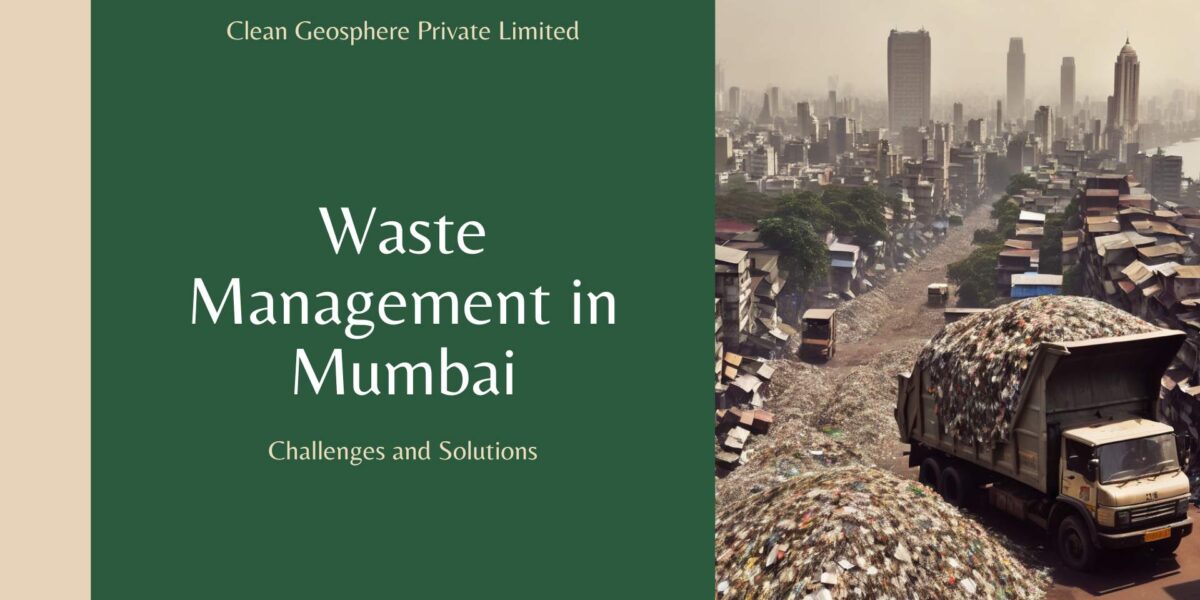Mumbai, the bustling metropolis of India, is home to over 20 million people. With its ever-growing population and rapid urbanization, waste management has become a significant challenge. The city generates an estimated 11,000 tons of waste daily, posing serious environmental and health risks. Effective waste management is crucial to ensure a cleaner, healthier Mumbai.
Current Waste Management Practices in Mumbai
Collection and Transportation
Mumbai’s waste management system is primarily handled by the Brihanmumbai Municipal Corporation (BMC). The BMC oversees the collection, transportation, and disposal of waste. The city is divided into several wards, each with its waste collection team. These teams collect waste from households, commercial establishments, and public spaces, transporting it to designated dumping sites.
Segregation and Recycling
Despite efforts to promote waste segregation at the source, a significant portion of Mumbai’s waste is mixed. This hampers recycling efforts and increases the burden on landfills. However, numerous NGOs and private organizations are working to promote waste segregation and recycling in the city. Initiatives like door-to-door awareness campaigns and community-based recycling programs are gradually gaining traction.
Disposal
Mumbai’s waste is primarily disposed of in three major landfills: Deonar, Mulund, and Kanjurmarg. These landfills are rapidly reaching their capacity, leading to serious environmental and health concerns. The Deonar landfill, for instance, has been in operation since 1927 and has frequently caught fire, causing air pollution and respiratory problems for nearby residents.
Challenges in Waste Management

Overpopulation and Urbanization
Mumbai’s rapidly growing population and urban sprawl have put immense pressure on its waste management infrastructure. The sheer volume of waste generated daily makes it challenging to manage effectively. Additionally, informal settlements and slums often lack proper waste collection systems, leading to waste accumulation and unsanitary conditions.
Lack of Public Awareness
A significant challenge in Mumbai’s waste management is the lack of public awareness and participation. Many residents are unaware of the importance of waste segregation and recycling. This leads to improper disposal practices, contributing to environmental pollution and increased landfill burden.
Inadequate Infrastructure
Mumbai’s waste management infrastructure is often inadequate to handle the city’s waste generation. The existing landfills are overburdened, and there is a lack of advanced waste processing facilities. Investments in modern waste management technologies and infrastructure are crucial to address this issue effectively.
Sustainable Solutions for Waste Management in Mumbai
Promoting Waste Segregation
Educating the public about the importance of waste segregation at the source is essential. Awareness campaigns, workshops, and community engagement can encourage residents to separate their waste into biodegradable, recyclable, and non-recyclable categories. This will facilitate recycling and reduce the amount of waste sent to landfills.
Enhancing Recycling Programs
Strengthening recycling programs is vital for effective waste management. Establishing more recycling centers and incentivizing recycling practices can help increase the recycling rate in Mumbai. Additionally, integrating informal waste pickers into the formal waste management system can improve efficiency and provide livelihood opportunities.
Investing in Waste-to-Energy Technologies
Waste-to-energy (WTE) technologies offer a sustainable solution to manage Mumbai’s waste. These technologies convert non-recyclable waste into energy, reducing landfill burden and providing a renewable source of power. Investing in WTE plants can help Mumbai manage its waste more effectively while generating clean energy.
Upgrading Waste Management Infrastructure
Investing in modern waste management infrastructure is crucial. This includes setting up advanced waste processing facilities, upgrading existing landfills, and establishing efficient waste collection systems. Public-private partnerships can play a significant role in funding and implementing these infrastructure projects.

Clean Geosphere is committed to helping Mumbai tackle its waste management challenges. With our expertise in sustainable waste management solutions, we offer a range of services, including waste segregation programs, recycling initiatives, and waste-to-energy technologies. Our team works closely with local communities, businesses, and government bodies to promote responsible waste management practices and create a cleaner, greener Mumbai.
By partnering with Clean Geosphere, you can contribute to a sustainable future for Mumbai. Together, we can make a significant impact on the city’s waste management system and ensure a healthier environment for all residents.


